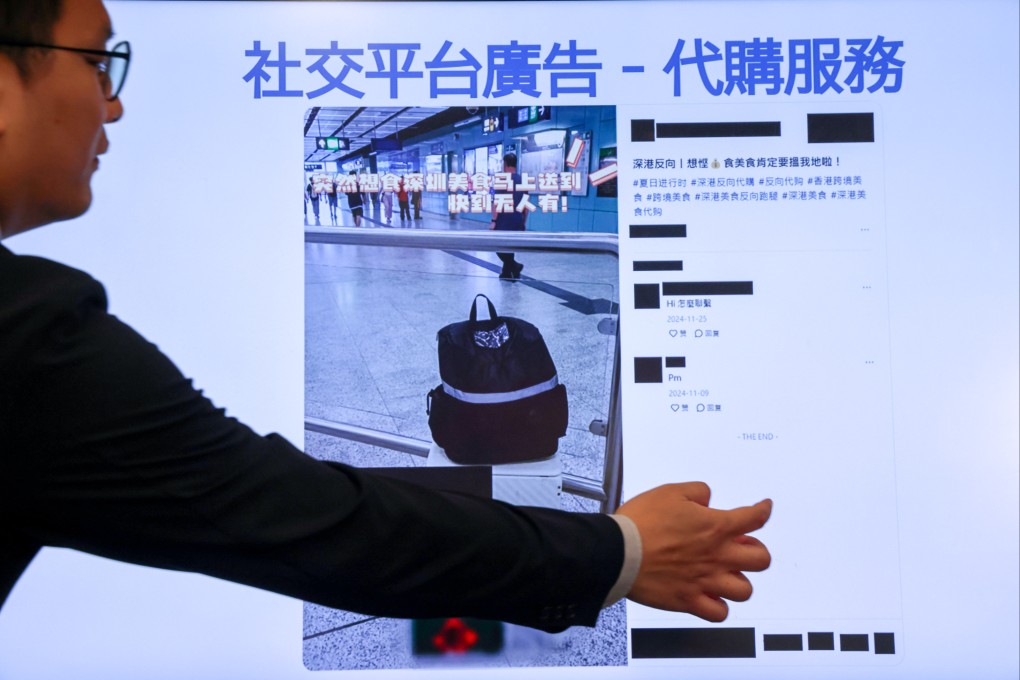Editorial | Illegal cross-border services do not pay
Arrest of rogue Hong Kong tour guides from mainland China and clamp on so-called reverse purchasing are to be welcomed

The return of cross-border tourism and shopping services following the reopening of checkpoints with the mainland more than two years ago has helped save the Covid-battered economy. But as technology and online business continue to flourish, so do some commercial services.
While they make travel and shopping more convenient, the service providers may be breaching the law.
The arrest of eight mainlanders working illegally in Hong Kong, including providing services as tour guides for visitors from over the border, and helping local people buy food, groceries and daily necessities in Shenzhen, followed a crackdown by immigration officials posing as online customers.
The so-called reverse purchasing involves mainland individuals being hired by Hongkongers to buy food, groceries and other daily necessities at stores, supermarkets and restaurants across the border, and then delivering to the city for a fee, typically ranging from HK$100 to HK$200 (US$13 to US$26) per transaction. Illegal tour guide services entail accompanying fellow mainlanders to local attractions and helping them take photos for a charge of HK$100 to HK$300 an hour.

It is to be welcomed that authorities have not turned a blind eye to such activities. While the services may be convenient and do not involve large amounts of money, it remains unlawful for mainland visitors to violate their conditions of stay and carry out paid work here.
